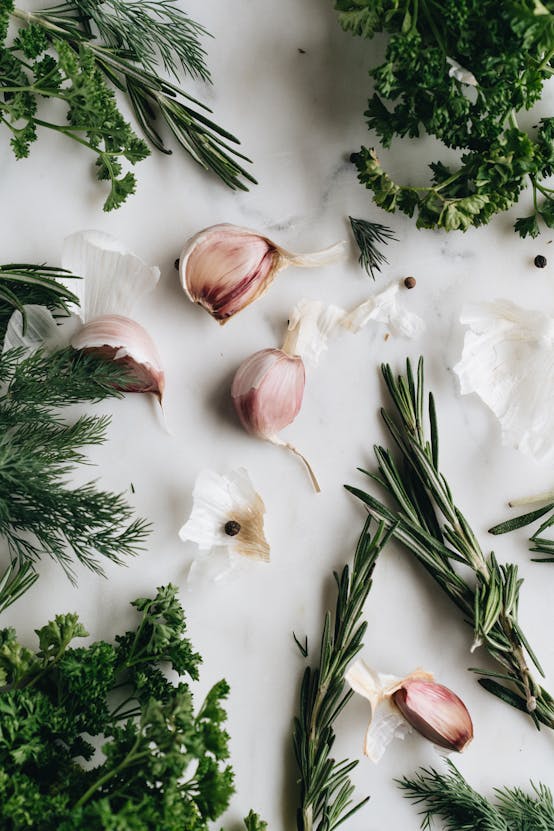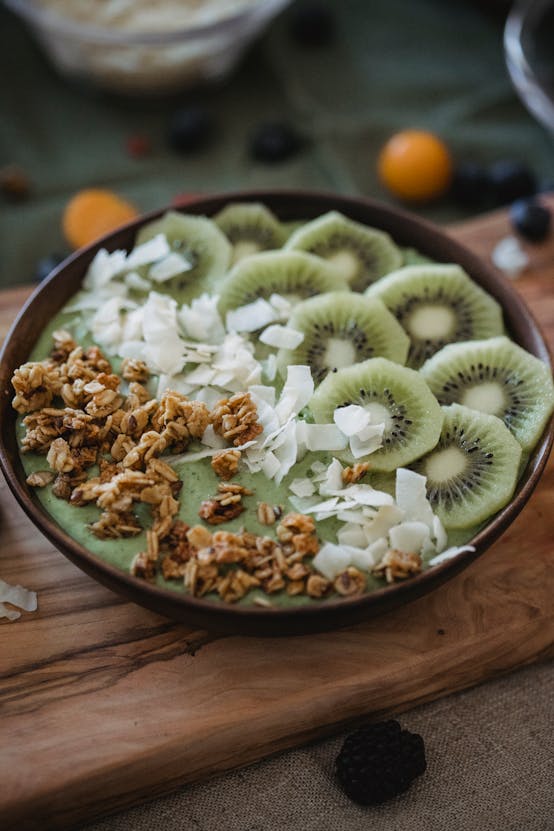Ultimate Oil Storage Hacks: Keep Your Cooking Essentials Fresh and Full of Flavor!
When it comes to cooking, having the right oils on hand can make all the difference in the taste and quality of your dishes. However, storing these oils properly is just as important as choosing the best ones for your recipes. In this article, we’ll delve into the ultimate oil storage hacks to keep your cooking essentials fresh, full of flavor, and ready to use whenever you need them.
Understanding the Basics of Oil Storage
Before we dive into the hacks, it’s crucial to understand the basic principles of oil storage. Here are a few key points to keep in mind:
In the same genre : Discover the Best Health-Focused Kitchen Faucets: Top Picks for Maximum Convenience
Light, Heat, and Oxygen: The Enemies of Fresh Oil
Light, heat, and oxygen are the primary factors that can degrade the quality of your oils. Here’s how each affects your oil:
- Light: Direct sunlight can cause oils to become rancid. This is why many oil bottles are dark or tinted.
- Heat: High temperatures can accelerate the oxidation process, leading to a loss of flavor and nutritional value.
- Oxygen: Exposure to air can cause oils to oxidize, resulting in an off taste and aroma.
The Importance of Shelf Life
Different oils have varying shelf lives, and proper storage can significantly extend this period. Here’s a brief overview of some common cooking oils and their typical shelf lives when stored correctly:
Also to see : Ultimate Guide to the Best Kitchen Ceiling Materials for Superior Cleanliness and Health
| Oil Type | Typical Shelf Life |
|---|---|
| Olive Oil | 12-18 months |
| Vegetable Oil | 12 months |
| Coconut Oil | 2-3 years |
| Avocado Oil | 12 months |
| Bacon Grease | 6 months |
Choosing the Right Containers
The type of container you use to store your oils can greatly impact their freshness and flavor. Here are some tips for selecting the best containers:
Airtight Containers
Airtight containers are essential for keeping oils fresh. Here are a few options:
- Glass Bottles: Dark glass bottles are ideal because they protect the oil from light.
- Stainless Steel Containers: These are great for storing oils in the pantry or fridge.
- Ceramic Jars: These can be used for storing oils at room temperature, but ensure they are airtight.
Avoiding Plastic Containers
Plastic containers are not the best choice for storing oils because they can leach chemicals into the oil, especially when exposed to heat or light.
Where to Store Your Oils
The location where you store your oils is critical for maintaining their quality. Here are some guidelines:
Room Temperature
For oils like olive oil, vegetable oil, and avocado oil, room temperature storage is often acceptable, but make sure the area is cool, dark, and away from direct sunlight.
Refrigeration
Some oils, such as flaxseed oil and walnut oil, are best stored in the refrigerator to slow down oxidation. Here are some tips for refrigerating your oils:
- Label and Date: Always label the container with the date you stored it.
- Keep it Away from Strong-Smelling Foods: Oils can absorb odors from other foods, so store them away from items like fish or onions.
Freezing
For oils that you don’t use frequently, freezing can be an excellent option. Here’s how to do it:
- Divide into Smaller Portions: Divide the oil into smaller portions to make it easier to thaw only what you need.
- Use Airtight Containers or Ice Cube Trays: Freeze the oil in airtight containers or ice cube trays for easy access.
Practical Storage Hacks
Here are some practical storage hacks to keep your oils fresh and full of flavor:
Store Your Olive Oil in the Fridge
“Olive oil is one of the most sensitive oils to light and heat,” says Chef Maria, a culinary expert. “Storing it in the fridge can extend its shelf life significantly.”
Use a Cool, Dark Pantry
For oils that don’t require refrigeration, a cool, dark pantry is the best place to store them. Ensure the pantry is well-ventilated and away from any heat sources.
Keep Bacon Grease Separate
Bacon grease can become rancid quickly if not stored properly. Store it in an airtight container in the fridge or freezer to keep it fresh.
Tips for Using and Reusing Cooking Oils
Using and reusing cooking oils can be tricky, but here are some tips to make the most out of your oils:
Reusing Cooking Oil
Not all cooking oils are suitable for reuse. Here are some guidelines:
- Vegetable Oil: Can be reused 3-4 times if filtered properly.
- Peanut Oil: Can be reused 2-3 times.
- Olive Oil: Not recommended for reuse due to its low smoke point.
Filtering Used Cooking Oil
If you plan to reuse your cooking oil, filtering it is crucial. Here’s a simple method:
- Use a Fine-Mesh Strainer: Strain the oil through a fine-mesh strainer or cheesecloth to remove any debris.
- Store in an Airtight Container: Store the filtered oil in an airtight container in the fridge or freezer.
Common Mistakes to Avoid
Here are some common mistakes people make when storing cooking oils and how to avoid them:
Storing Oils Near Heat Sources
Avoid storing oils near heat sources like ovens, stoves, or microwaves. This can cause the oil to degrade quickly.
Not Labeling Containers
Always label your oil containers with the date and type of oil. This helps you keep track of how long the oil has been stored.
Using the Wrong Containers
Avoid using containers that are not airtight or are made of materials that can leach chemicals into the oil.
Storing cooking oils properly is a simple yet crucial step in maintaining their freshness and flavor. By choosing the right containers, storing them in the right locations, and avoiding common mistakes, you can ensure your oils remain in top condition.
Here’s a detailed bullet point list to summarize the key points:
- Choose airtight containers: Dark glass bottles, stainless steel containers, or ceramic jars.
- Store away from light, heat, and oxygen: Room temperature for some oils, refrigeration or freezing for others.
- Label and date containers: Keep track of how long the oil has been stored.
- Filter used cooking oil: If reusing, filter the oil through a fine-mesh strainer or cheesecloth.
- Avoid plastic containers: They can leach chemicals into the oil.
- Keep bacon grease separate: Store it in an airtight container in the fridge or freezer.
By following these ultimate oil storage hacks, you can keep your cooking essentials fresh, full of flavor, and ready to use whenever you need them. Whether you’re a seasoned chef or a home cook, proper oil storage is a simple step that can elevate your cooking to the next level. So, go ahead and make your kitchen a haven for fresh and flavorful oils – your taste buds will thank you


